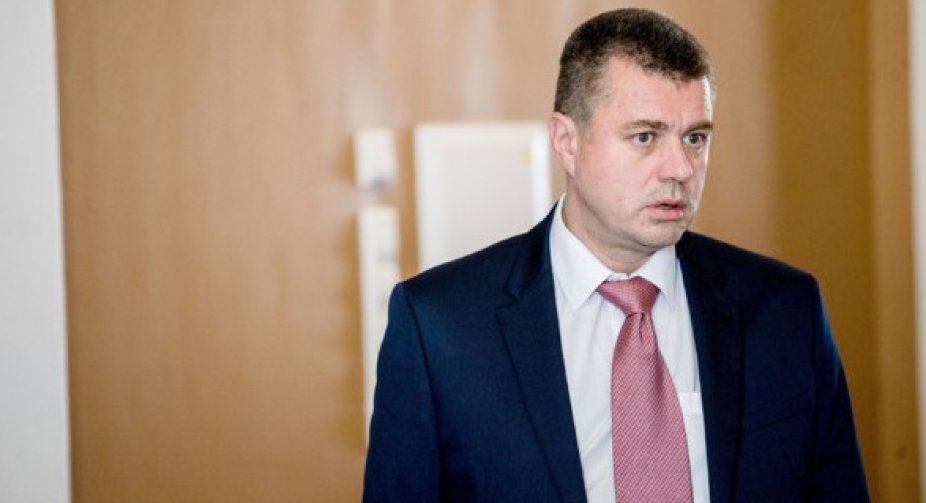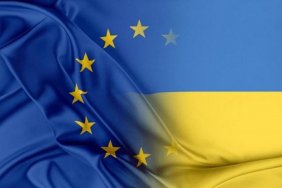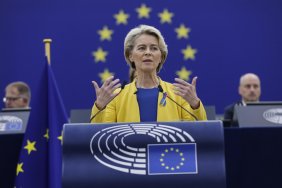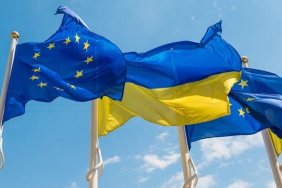The European Commission has already submitted proposals for the eighth package of sanctions against Russia. This was announced by the head of the Estonian Foreign Ministry, Urmas Reinsalu, in an interview with the newspaper Die Welt.
According to him, they affect the sphere of energy, trade and the SWIFT system.
Asked when the eighth package of sanctions is expected, with the Baltic states and Poland leading calls for tougher measures against Russia, Reinsalu said "at least we want it as soon as possible."
"We have already submitted specific proposals to the European Commission in this regard. It is about energy, trade, further restrictions in the SWIFT system and the inclusion of an even greater number of people and organizations in the list of sanctions. The previous sanctions are working, but they are not enough. We still need to raise the price for Russia before winter so that this war ends as soon as possible," said the head of the Estonian Foreign Ministry.
He is also pushing for a visa freeze for Russian citizens who want to travel to the EU.
"The fact that there are no entry restrictions for citizens of the aggressor state, that they can continue to rest with us, shop or circumvent sanctions is morally unacceptable. We note that we are not talking about several thousand people. About ten million Schengen visas are issued to citizens of Russia cart". "We must send a signal that not only Russian soldiers, but also Russian society is responsible. Their restraint allows crimes to be committed on Ukrainian soil," Reinsalu emphasized.
"We also need to supply Ukraine with more weapons. Estonia provides the largest military aid to Ukraine per capita. Of course, we would be happy if other countries followed our example," said the Estonian Foreign Minister.
Visa restrictions against Russia will be discussed at an informal meeting of EU foreign ministers on August 30-31 in Prague.






